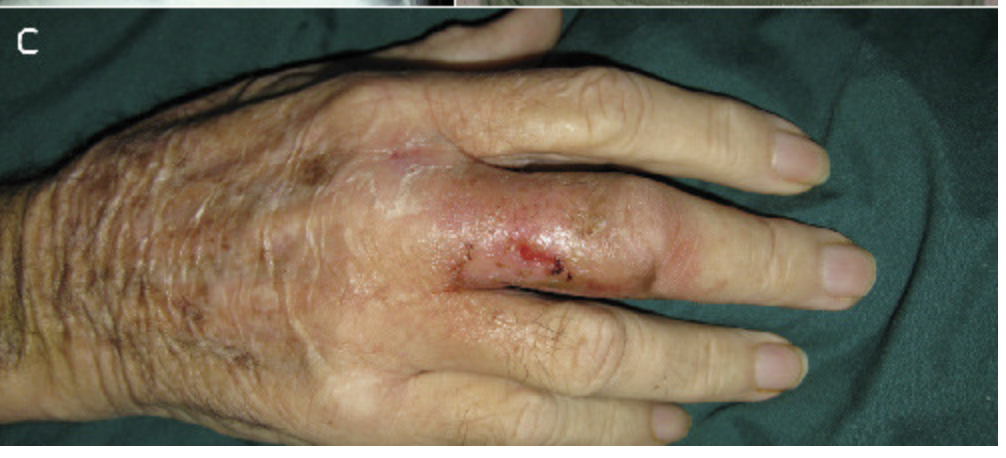US health officials say they have found a rare but dangerous type of bacterium in soil and water samples in the Gulf Coast region of Mississippi.
The bug, called Burkholderia pseudomallei, can make some people extremely sick if they become infected.
Most healthy people who come into contact will not develop the serious illness called melioidosis, which can be treated with antibiotics.
Medics are now on alert for any possible cases.
Melioidosis can occur in people who have underlying diseases, such as diabetes and chronic kidney disease.
“Melioidosis can cause symptoms like fever, joint pain, and headaches as well as lung problems and blood infections.”
The US Centres for Disease Control is advising residents who might be at higher risk to take precautions:
- Avoid contact with soil or muddy water when possible, particularly after heavy rains, and protect open wounds with waterproof dressings
- Wear waterproof boots when gardening or doing agricultural work
- Wear gloves to protect the hands when working directly with soil
The soil investigations in Mississippi were prompted by two cases of melioidosis in unrelated people living in the region in recent years. Person-to-person spread is extremely rare … read more.
WE TALKED ABOUT THIS:
- Seafood From Asia? Throw It Back
- Imported Catfish? Throw It Back
- 5 More Third World Diseases Coming To America; No Cures, No Vaccines
4th Case of Tropical Bacterial Illness Found in the U.S.
By Robert Preidt, HealthDay Reporter
TUESDAY, Aug. 10, 2021 (HealthDay News) — The fourth U.S. case of a rare and potentially fatal bacterial disease called melioidosis, typically found in the tropics, has been confirmed by the Centers for Disease Control and Prevention.
Genome testing shows that the strain in the latest case in Georgia is linked to the strains of Burkholderia pseudomallei bacteria that caused the three previous infections in Kansas, Texas and Minnesota, suggesting a common source.
Two of the four patients, including the one in Georgia, have died, the agency said in a statement Monday.
The cases are most closely related to strains found in Asia, particularly South Asia. However, none of the patients — which included adults and children — had traveled internationally, the CDC said.
The agency has tested more than 100 samples of products, soil and water in and around the patients’ homes, but none were positive for B. pseudomallei … read more.



